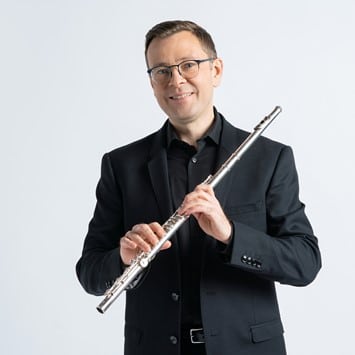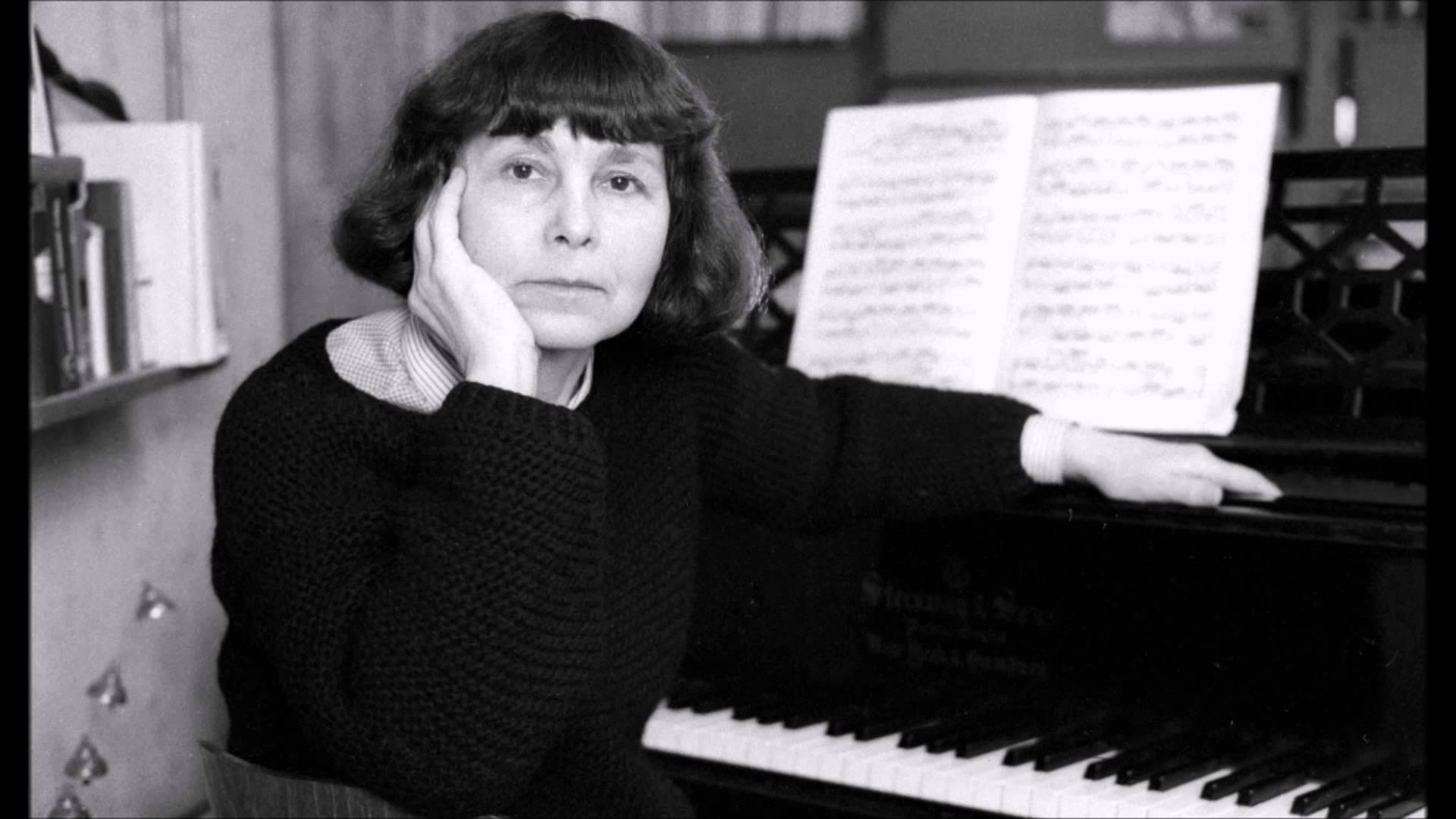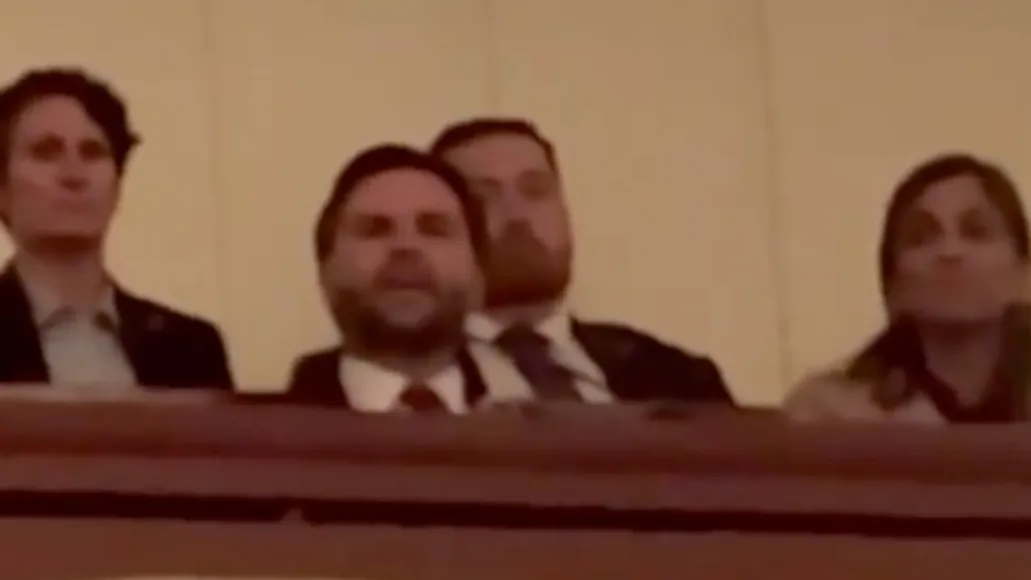Inside Bayreuth: The Ice Age begins
mainThe sacking of Jonathan Meese as director of Parsifal is more significant than it first appeared. We’ve been hearing – under oaths of extreme anonymity – that much has changed at Bayreuth since Eva Wagner-Pasquier was shoved off into Valhalla twilight earlier this year by her younger half-sister, Katherine.
Katie is taking no prisoners.
A production team which presented its ideas to both sisters in the most amicable of atmosphere found, when facing Katie alone, a total, inexplicable frost. ‘The model showing took place in the iciest atmosphere,’ one team member tells Slipped Disc. ‘I couldn’t believe that it was possible to invite an artist and to treat him in this way. Not even a polite word of interest in his proposition or any appreciation of the work on the model.’ Eva Wagner, apparently, sat in a back row, saying nothing.
At no point were the team given a budget, despite discussing the project for months with the Geschäftsführenderdirektor, Heinz-Dieter Sense.
One designer speaks of total incompetence, ‘an incapacity to deal with artists.’
An independent director (not Meese) tells us: ‘The Wagner’s told Meese his concept was too expensive. Forced him to rethink it. He did. Cutting it down substantially. They refused to show him figures. Told him it was still too expensive. Expecting and hoping he would withdraw so they would not have to pay him. This is the third time the Wagners have fooled around with directors.
‘Castorf was third choice after Van Trier and Wenders. Baumgarten was second director for Tannhäuser, after Sébastien Nubling was announced and forced to withdraw. Now Parsifal…’
Welcome to Katie’s world. Bring extra blankets.






Comments